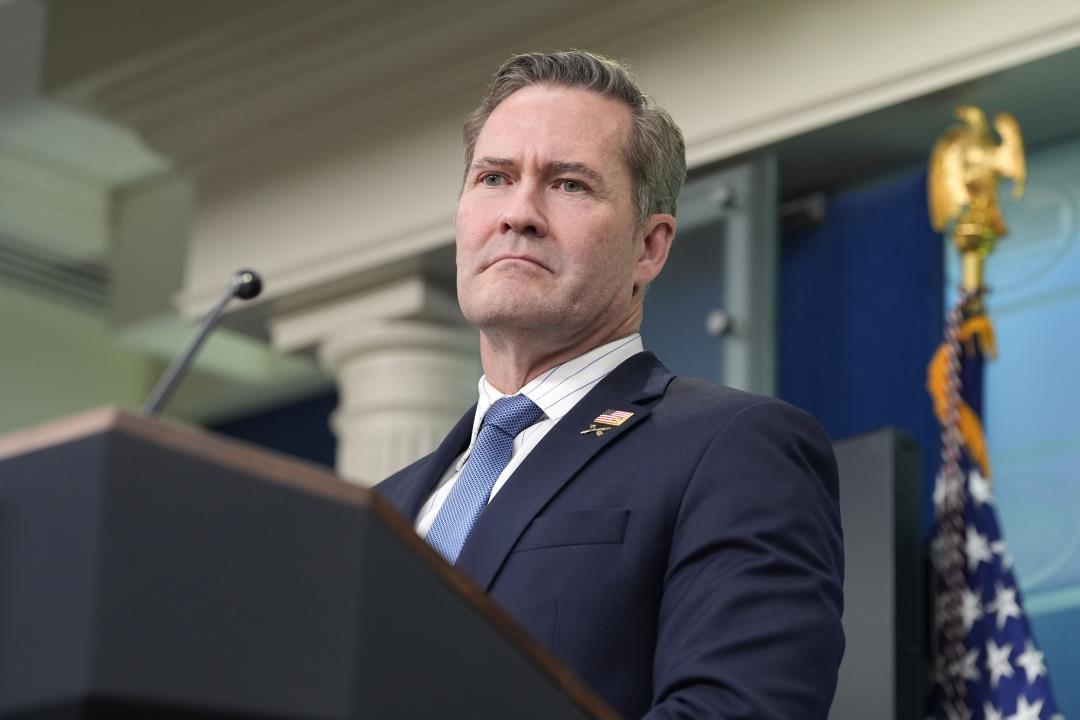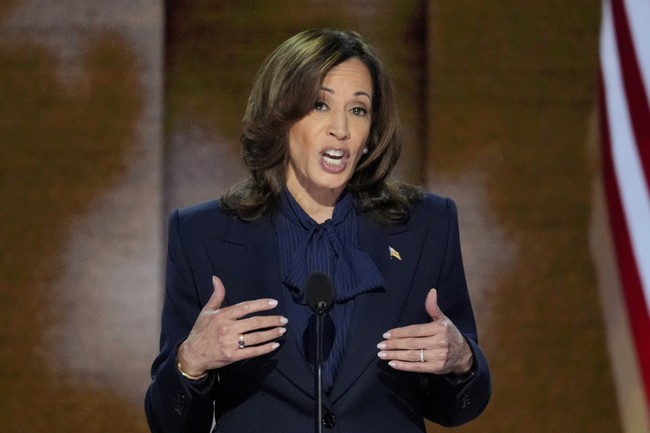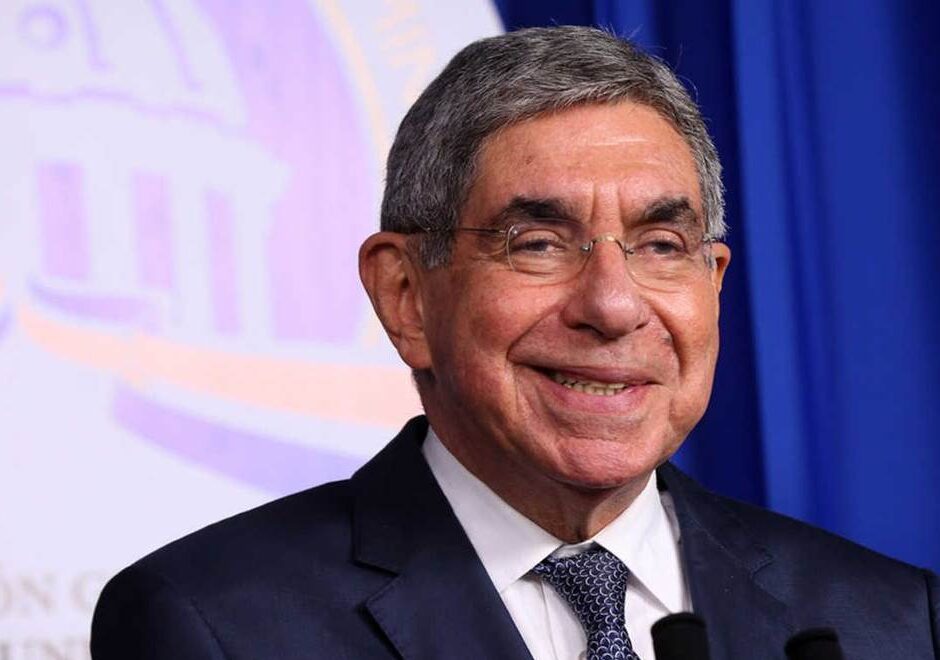Trump's Oil Tariff Threats on Russia Over Ukraine Unrest
Discover why Donald Trump is furious at Vladimir Putin and how this could significantly impact global oil trade and transatlantic diplomatic relations.
Published March 31, 2025 - 00:03am

Image recovered from redstate.com
In a recent series of strong remarks, former U.S. President Donald Trump expressed substantial dissatisfaction with Russian President Vladimir Putin's stance on Ukraine, intensifying his rhetoric with threats of imposing significant tariffs on Russian oil. During an interview with NBC, Trump did not mince words, stating his anger stemmed from Putin's comments questioning the legitimacy and credibility of Ukrainian President Volodymyr Zelensky.
Trump's irritation was further fueled by Putin's suggestion to appoint a temporary Ukrainian administration, a move perceived as undermining Ukraine's sovereignty and leadership. In an aggressive diplomatic maneuver, Trump warned that if Russia obstructed efforts to cease hostilities in Ukraine, he would impose secondary tariffs ranging between 25% and 50% on Russian oil, targeting nations that continue to purchase it.
Trump's remarks, made from his Mar-a-Lago estate in Florida, signal a shift in his approach towards Russia, indicating his willingness to adopt a more confrontational stance. Although Trump's prior communications suggested a conciliatory approach, his recent statements reflect mounting frustration over the stalled peace process in Ukraine, a conflict that has persisted since Russia's invasion in February 2022.
The announcement of potential tariffs adds a layer of complexity to already strained U.S.-Russia relations, particularly as the United States has not imported Russian oil since April 2022. Despite this, the imposition of tariffs poses substantial geopolitical implications, potentially affecting global markets, with significant repercussions for major Russian oil purchasers such as China and India.
Furthermore, Trump's potential tariffs are perceived within the broader context of his administration's aggressive foreign policy, which earlier saw similar measures on Venezuela. The potential tariffs, characterized as secondary sanctions, may further escalate the economic rivalry between the United States and Russia, complicating matters for countries dependent on Russian energy exports.
The potential for escalating tensions and impacting the global energy market has caught the attention of international leaders. Finnish President Alexander Stubb, during a visit to Florida, underscored the necessity of setting deadlines for achieving a ceasefire. Such developments highlight an undercurrent of urgency among Western nations to resolve the conflict diplomatically.
Despite the absence of an official response from Moscow, the implications of these tariffs on international relations remain significant. Trump's insistence that any obstruction from Russia would result in severe economic penalties demonstrates a tactical shift designed to pressure Moscow into compliance and advance negotiations.
Moving forward, the trajectory of U.S.-Russia relations will likely hinge on the effectiveness of these strategies in compelling Russia to negotiate a peace settlement. Trump's threats also underscore the delicate balance nations must navigate in addressing geopolitical challenges amid economic interdependencies.
As the situation evolves, global stakeholders remain watchful of impending diplomatic interactions, especially potential communications between Trump and Putin. Such dialogues could define the future course of negotiations, offering either a path towards resolution or further entrenching existing tensions.
In conclusion, Trump's latest statements on Russian oil tariffs underscore a strategic pivot in addressing the ongoing conflict in Ukraine. The imposition of economic penalties positions the United States as a formidable player in international diplomacy, potentially fortifying its stance against efforts perceived to undermine Ukrainian sovereignty. As these geopolitical dynamics unfold, the global community remains attentive to the implications on international trade, diplomacy, and regional stability.







